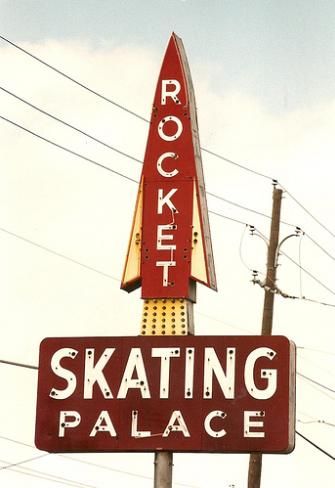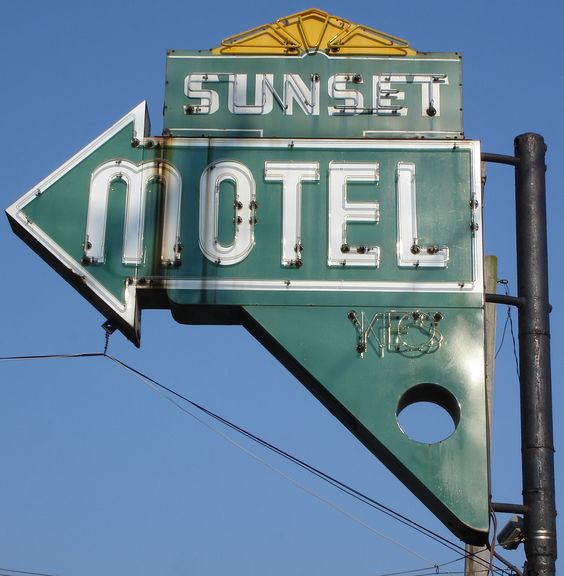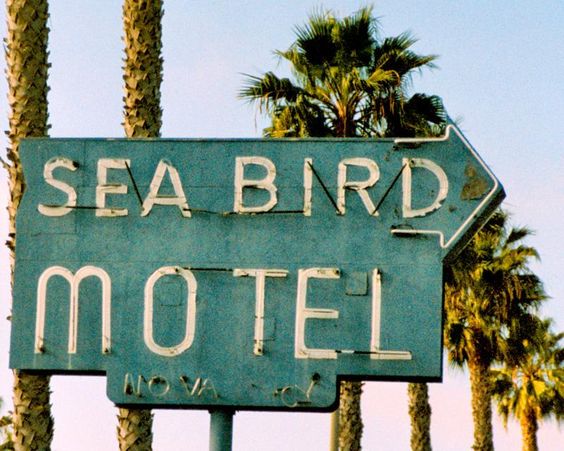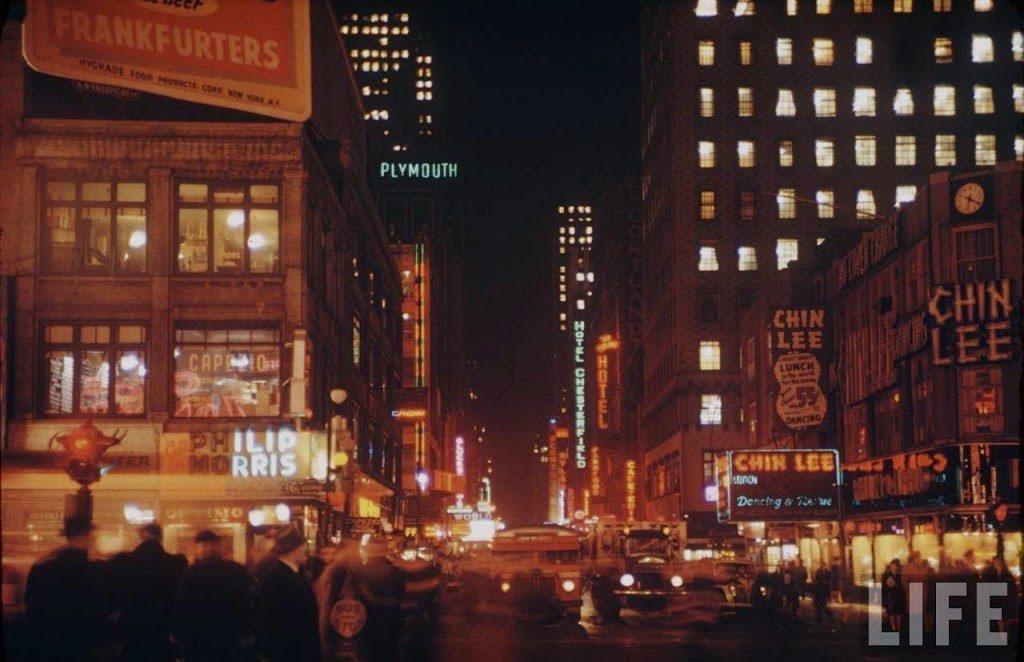- Messages
- 17,460
- Location
- New York City
⇧ The business lesson for successful popular music clubs / music-dance clubs / music-supper clubs / nightclubs is to bank your money when you're popular as that wheel almost always turns.
Years ago, I read a history of The Stork Club and its owner - Sherman Billingsley. He had a very successful formula for a night/supper club for about two decades - and the money poured in. Billingsley had (all from my memory and all in '60s dollars) millions - literally millions - saved up (some in accounts for his daughters) when the business turned south as rock and roll gained in popularity and the younger generation didn't want to go to "fancy" dinner clubs and dance to big band music.
But Billingsley couldn't let go despite advise from, well, everyone to just close up. He kept pouring his money into the club - literally using his savings (including the accounts he had set aside for his daughters) to keep the place going. He had bands playing to a nearly empty house night after night / waiters standing around / food being bought and thrown away / etc. The union situation hurt him too, as he had to keep too big a staff, etc., but that was not the cause - just an accelerant - his inability to stop was the big issue.
He finally stopped but with only a fraction of his wealth left and he, a broken man. But, then again, he had had a long running affair with Ethel Merman; to each his own - but that alone would have broken me.
Of course, there are always a few exceptions, but the safe rule is to bank your dough and get out when the music is still playing - there's nothing wrong or immoral with that / nothing says you have to ride the rocket on its return trip to earth.
Years ago, I read a history of The Stork Club and its owner - Sherman Billingsley. He had a very successful formula for a night/supper club for about two decades - and the money poured in. Billingsley had (all from my memory and all in '60s dollars) millions - literally millions - saved up (some in accounts for his daughters) when the business turned south as rock and roll gained in popularity and the younger generation didn't want to go to "fancy" dinner clubs and dance to big band music.
But Billingsley couldn't let go despite advise from, well, everyone to just close up. He kept pouring his money into the club - literally using his savings (including the accounts he had set aside for his daughters) to keep the place going. He had bands playing to a nearly empty house night after night / waiters standing around / food being bought and thrown away / etc. The union situation hurt him too, as he had to keep too big a staff, etc., but that was not the cause - just an accelerant - his inability to stop was the big issue.
He finally stopped but with only a fraction of his wealth left and he, a broken man. But, then again, he had had a long running affair with Ethel Merman; to each his own - but that alone would have broken me.
Of course, there are always a few exceptions, but the safe rule is to bank your dough and get out when the music is still playing - there's nothing wrong or immoral with that / nothing says you have to ride the rocket on its return trip to earth.












